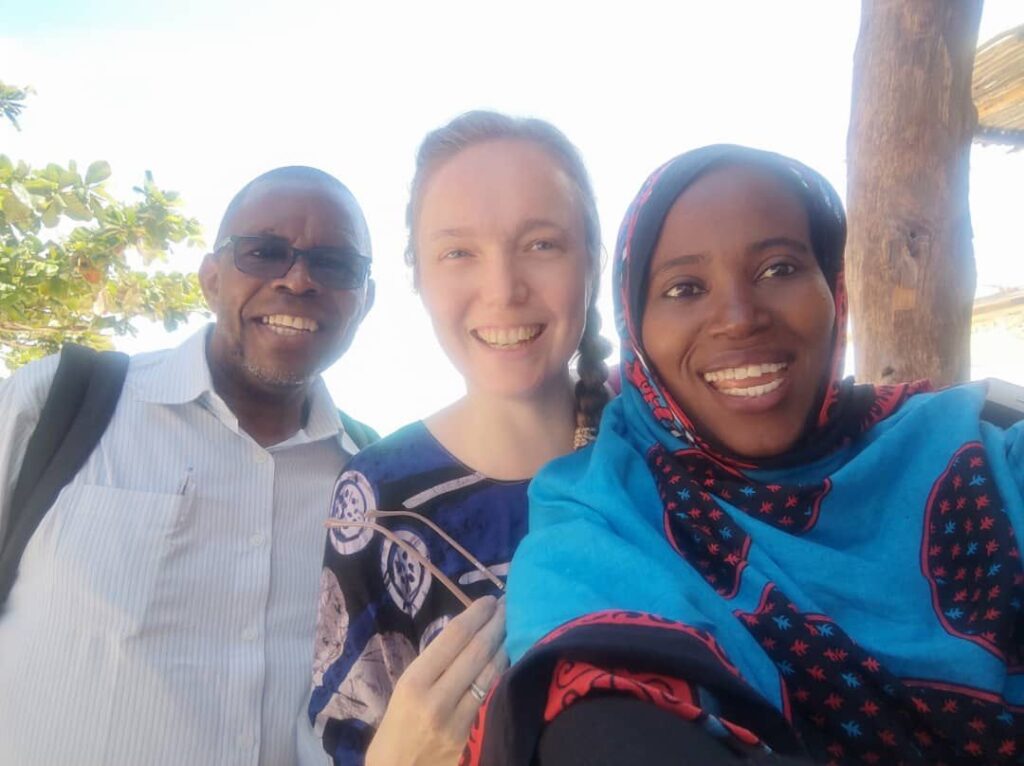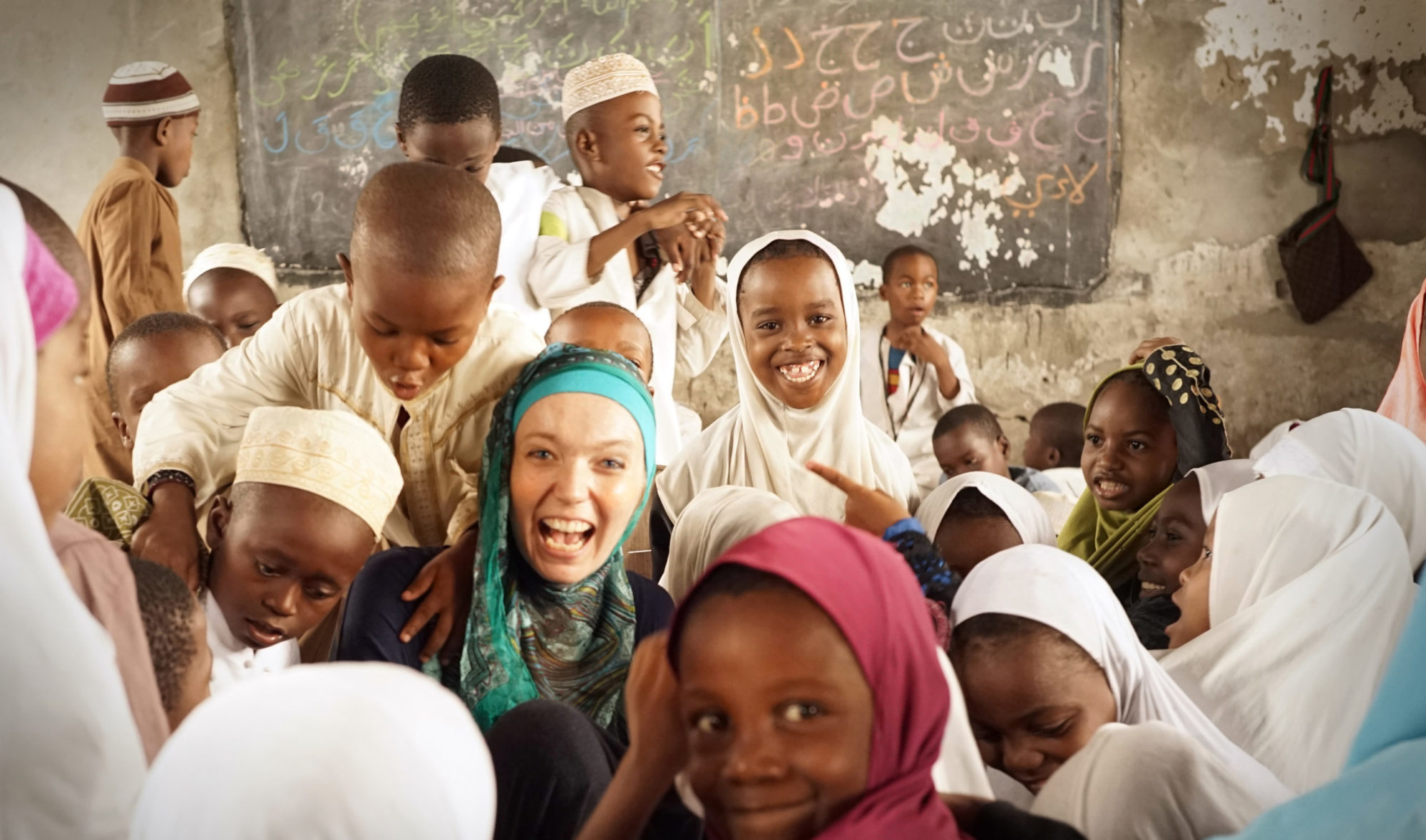My research program examines how East African Muslims employ Islamic knowledge and communal forms of agency to redefine sustainable development in Zanzibar. Perched on the edges of Africa and the Indian Ocean, the islands of Zanzibar have long existed at the nexus of multiple projects of improvement and reform—from British and Omani imperialism, Western development, and Islamic reform movements with ties to the oil-rich Gulf. I use that global confluence as an analytical method to describe how Zanzibari communities creatively draw upon and transform these overlapping global ideologies to produce their own novel programs of social and material change.

The Spirit of Progress: Islamic Education, Development & Modernity in Zanzibar
Based on twenty months of ethnographic and archival research in Zanzibar and the Gulf (Oman, Kuwait, UAE) conducted in both Swahili and Arabic, this project is a multi-sited ethnography of the contested terrain of Islam and development. In it I ask how African Muslims dismantle the colonial legacies within both capitalist development and Arab Islamic reformism, recasting them within a local, African Islamic epistemological framework. I examine transnational Islamic organizations to argue that, contrary to dominant development frameworks that marginalize religion as either an obstacle or tool, Islam is central to how these organizations redefine the project of development and its dominant concepts including sustainability, local knowledge, and progress. I reveal how, through Islamic education, these organizations center “spiritual” or internal (bātini) progress alongside the material, reimagine “sustainability” as sustained wealth redistribution through the waqf (pious endowment), and creatively push back against the forces of neoliberal capitalism. Scholarship on Islamic development often describes it as either “pious neoliberalism”—simply Islamic dressing on hegemonic economic processes—or an alternative to the West, engaged in a romanticized “resistance.” In contrast, I reveal how Zanzibari Muslims draw upon and create new meaning from multiple global ideologies, such as by creatively blending a liberal notion of economic/technical progress toward an infinitely perfectible future with that invoking a return back to a glorious Islamic past. In so doing, I center African Muslims as producers of Islamic knowledge within an ever-evolving discursive tradition, not simply recipients of orthodoxy from the Middle East nor locked within the resistance-complicity binary with the West.
The Blue Economy’s Black Gold: Gender, Islamic Knowledge and Climate Change in Zanzibar’s Offshore Search for Oil
This project asks what motivates coastal villagers to adopt either extractivist or sustainable orientations toward the environment, and challenges the common refrain among policy circles that unsustainable resource consumption is an unavoidable consequence of poverty. Village women’s lives changed drastically as transnational companies employed them to farm seaweed, and are changing yet again as rising sea temperatures bring diseases to their crops. The government’s search for oil threatens to further disrupt the competing coastal economies and ecologies already vulnerable to the effects of climate change. As women navigate the tense rivalry for depleting coastal resources with tourist hotels and fossil fuel drilling, they are structurally encouraged to adopt an orientation toward the environment characterized by scarcity, consumption, and extraction. Yet instead, they draw upon Islamic ethical orientations to create cooperatives, communal marine enclosures, and local institutions to advocate for sustainable and equitable resource use. To do this they invoke the multivalent concept of “tabia” in Swahili that links together nature, Islam, and human behavior. Ṭabī‘a in Arabic means “nature,” and as it entered Swahili it retained this meaning, especially in the word for “climate,” tabianchi. But the loanword also shifted semantically so that its more common meaning is human “behavior,” with proper tabia understood to be developed primarily through Islamic education and pious practice. As such, this research also challenges the conventional binary between religion and the environment that undergirds much of the scholarship on religion and climate change, as well as common development approaches that privilege textual (rather than embodied) orientations toward Islam by emphasizing what Islam “says” about the environment. This is a collaborative research project with Mary Khatib (Geography, State University of Zanzibar) and Issa Ziddy (Religious Education, State University of Zanzibar).




